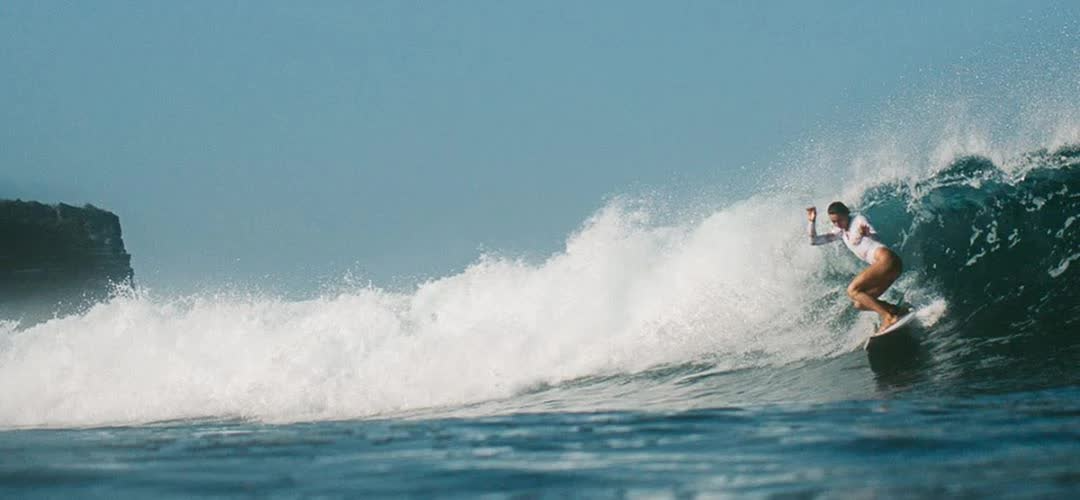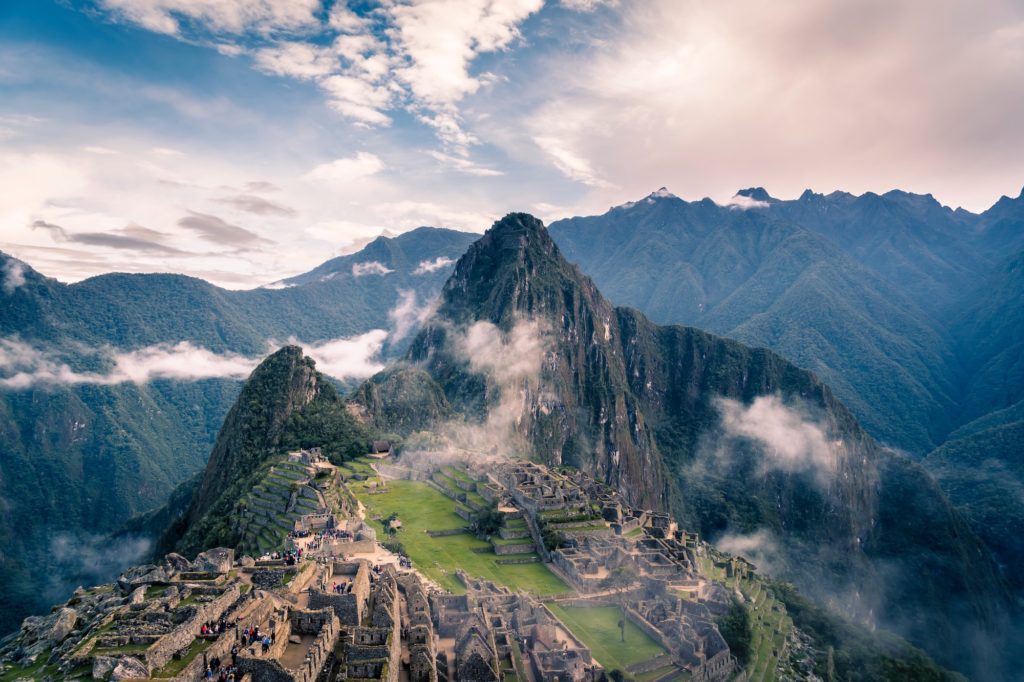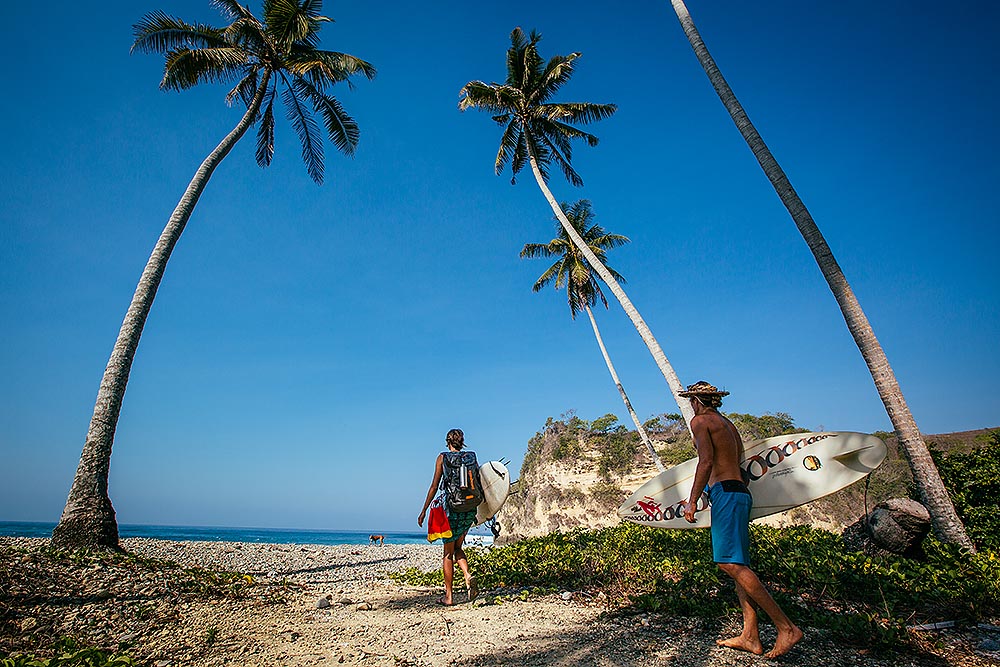
NGALUNG KALLA | FROM THE EARTH
We are all children of the earth.
Whatever we do, whatever choice we make, whatever career we pursue and wherever we choose to lay our roots and call ‘home’, we are equally a part of this single organism called Earth.
What defines us is how we interpret our place in the world.

Photo: Our lost brother, @tommyschultzphoto feat. @belindabaggs
That preamble might seem somewhat ironic when unfolding the tale of someone born and raised on the ocean. Perhaps it was this childhood unsullied by the fetters of terra firma that gave Christian Sea such an inherent appreciation of the natural world. Surrounded, as he was, by nature embedded his consciousness from an early age in the need to walk lightly, give back and nurture the land that gives us life.
Born to sailing hippy parents as he freely admits, Christian’s life has always run the alternative route. Though ocean-bound, the Caribbean islands were his expansive home berth. In a story somewhat reflective of Dorian ‘Doc’ Paskowitz, Christian was home schooled up until the age of 12 with his siblings, frequently changing horizons as the family boat meandered throughout the Caribbean. When the number of children expanded beyond the capacity of their floating home, the family moved ashore to St Thomas in the US Virgin Islands.
Several years on the California coast flowed into scholarship at the University of Hawaii, but it was Indonesia that held his interest from a young age. From high school the south-east Asian archipelago captivated his imagination, even learning bahasa Indonesia at high school. Relinquishing his educational ties, Christian spent the next decade migrating across the oceans from Hawaii to Indo and back.

When a friend mentioned he was developing a surf resort in the Mentwais, Christian was only too willing to spend six months in the atolls, helping to establish what would soon become one of the Ments’ most renowned land-based destinations for surfers – Kandui Resort.
Returning to Hawaii for a short period of time, it wasn’t long before the ocean called once more, this time using his childhood sailing knowledge aboard a research vessel traversing the Pacific from New Zealand, through Tahiti and on to Hawaii. The trip, making several laps of this route, was to document the atoll ecosystems of the Tuamotu islands of French Polynesia.
His transitory life came to a halt several years later. Having established a small farm of his own on the Big Island of Hawaii, Christian – having retained and nurtured many connections in Indo – received a call to go work at an eco resort on one of the country’s southernmost islands: Sumba.

Photo: @tommyschultzphoto
Nihiwatu Resort was a manifestation of Christian’s accumulative lifelong passions; it crested a hilltop overlooking the wide expanse of the Indian Ocean, it fostered an acute awareness of environmental harmony and its grounds were given to permaculture farming and sustainability.
“We got a call to come work at Nihiwatu here on Sumba,” Christian recalls. “It was a small, family-run operation and an award-winning eco resort.”
Christian had found a kindred spirit in his new wife Kaale and the pair had married in Hawaii before making their migration to Sumba.
For nine years, life was idyllic. They grew their own food, learned to develop and cultivate a permaculture kitchen garden and flourished in all Indo offered them. Little Seas were created and the family thrived.
Christain had found his calling – a symbiotic balance of his passions and his place in the world. He was walking gently, giving back and revelling in the impeccable waves of Sumba, all while raising an equally conscious young family. But while some people find their calling, others catch fleeting whispers of it on the wind… and some simply turn their backs on it.

Photo: @tommyschultzphoto

Photo: @tommyschultzphoto feat. @belindabaggs
When a conglomerate invested in Nihiwatu, the sustainable, compassionate, family-run resort was given over to corporate mentality. With his family rapidly outgrowing the resort lifestyle and his disillusionment rapidly outgrowing the new, more commercial work ethic, Christian and Kaale decided the time had come to nurture their own investment, a small patch of land they had purchased down the coast.
Ngalung Kalla (‘big wave’ in the local Sumbanese dialect) grew organically from the jungle, from Christian and Kaale’s passions and from the inspiration of their local surrounds. It began simply, with early life spent under canvas. The tents were soon elevated onto platforms, platforms became yoga shalas, shalas became joglos and, guided by the architecture of their local villages and by the Sumbanese craftsmen who helped them manifest it, Ngalung Kalla gradually took shape.

Photo: @tommyschultzphoto

Photo: @tommyschultzphoto
Initially, the homestead was simply that: the family’s home away from the resort, to which Christian would still commute for work and where their two growing daughters could be schooled, outside of the disruption of life on a bustling resort. The disparity of Christian’s working life at Nihiwatu and his beliefs in a more ecological way of life soon became too much and the separation was complete – Ngalung Kalla was life.
“We were living in tents for about a year,” recalls Christian. “We set up a decent camp kitchen, and guests would come and pitch their tents in the dirt with us. It’s an incredible spot, overlooking an immaculate bay and faultless, peeling wave, but it was pretty basic to begin with.
“We built platforms to start with, but we slowly developed them into open-air bungalows, which is what we have now.”
Now with five bungalows and ‘the Great House’ – a larger communal dwelling – Ngalung Kalla hosts 15 guests at a time and is a full time business for the family and their local staff. Yet while the notion of a surf retreat may edge towards a conventional enterprise, nothing about Ngalung Kalla reflects that. The natural bamboo structures seem to grow from the surrounding forest, enveloping guests in nature, the unwalled bungalows only enhancing this unity with the landscape.

Photo: @tommyschultzphoto
Photo: @tommyschultzphoto

Photo: @tommyschultzphoto feat. @beauyoungsurfboards
Sustainability is imperative. Much of the retreat’s minimal needs are provided by solar power, with a diesel generator providing backup for the more draining services such as laundry and construction. From Christian’s education on the land, he has developed a thriving permaculture farm, producing a majority of sustenance for his guests. Yoga enhances this almost spiritual connection to the planet and every consideration is taken, not only in the retreat’s impact upon the environment, but also its impact upon its guests.
Meditation retreats, waterman courses, yoga immersions and lessons on permaculture disseminate not only Christian’s wisdom in permaculture and Kaale’s knowledge as a yoga teacher, they instil the same principles by which the Seas live: to walk lightly, give back and nurture the land that gives us life.

Photo: @tommyschultzphoto feat. @belindabaggs

Photo: @tommyschultzphoto
Surfing gives us an inherent connection with the environment, but how often do we forget this union of pleasure and nature? So often, we fail to recognise our part in the paradigm, that the pure waves will only remain so if we do our part, that the ocean will only give us life if we respect its fragility, and that the land will only continue to feed us if we give more than we take.
On paper, Christian and Kaale are business owners. In life, they are a truly remarkable and inspirational story of ecological harmony and respect.
In reality, they are simply the greater reflection of the life we should all be striving for – a life in balance.
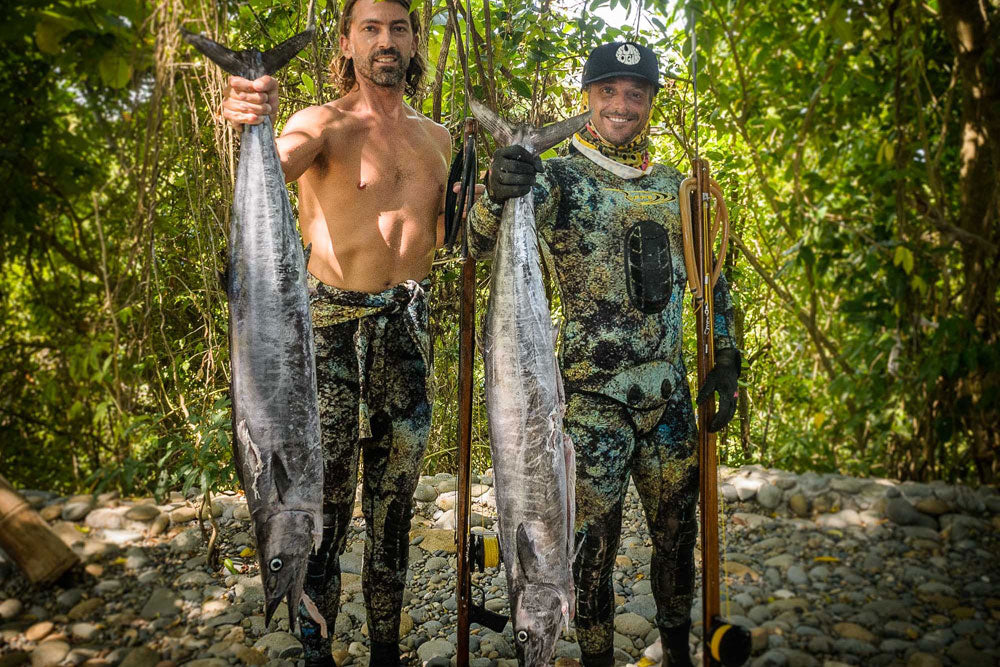
Photo: @tommyschultzphoto feat. Tim & Jake Drifter

Photo: @tommyschultzphoto feat. @chrisdelmoro111

Photo: @tommyschultzphoto feat. Christian Sea & @belindabaggs

Photo: @tommyschultzphoto

Photo: @tommyschultzphoto

Photo: @tommyschultzphoto

Photo: @tommyschultzphoto feat. @belindabaggs

Photo: @tommyschultzphoto
Article first published on Drifter Surf, Aug, 2021
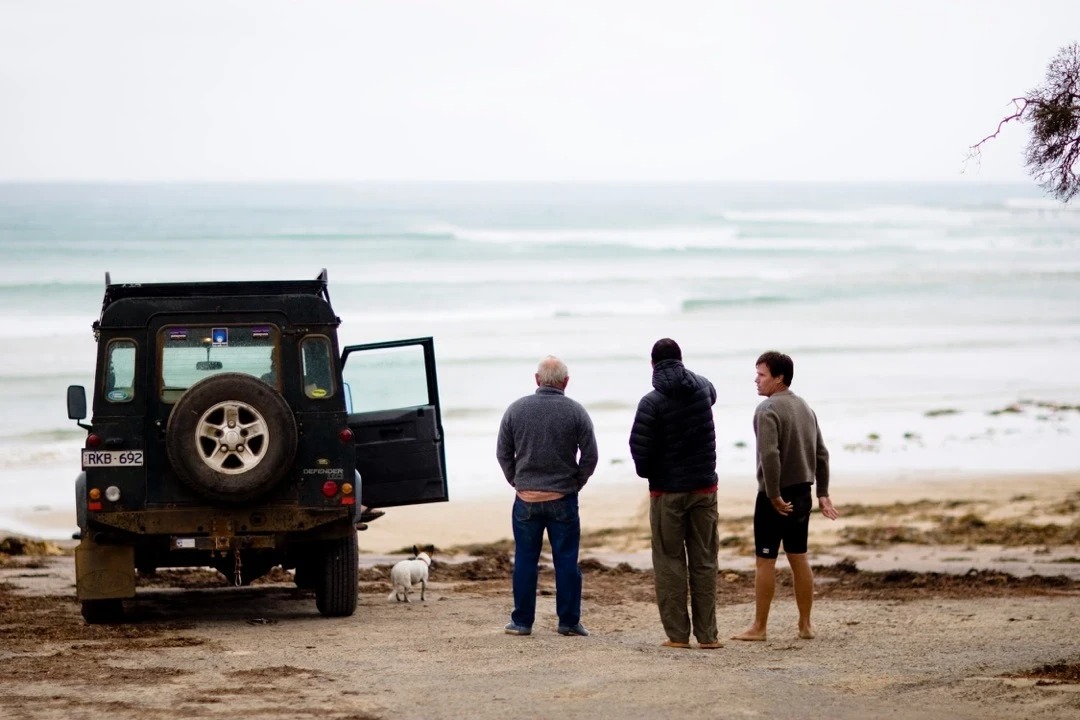
GLEN CASEY | EXALTATIONS
You May Also Like
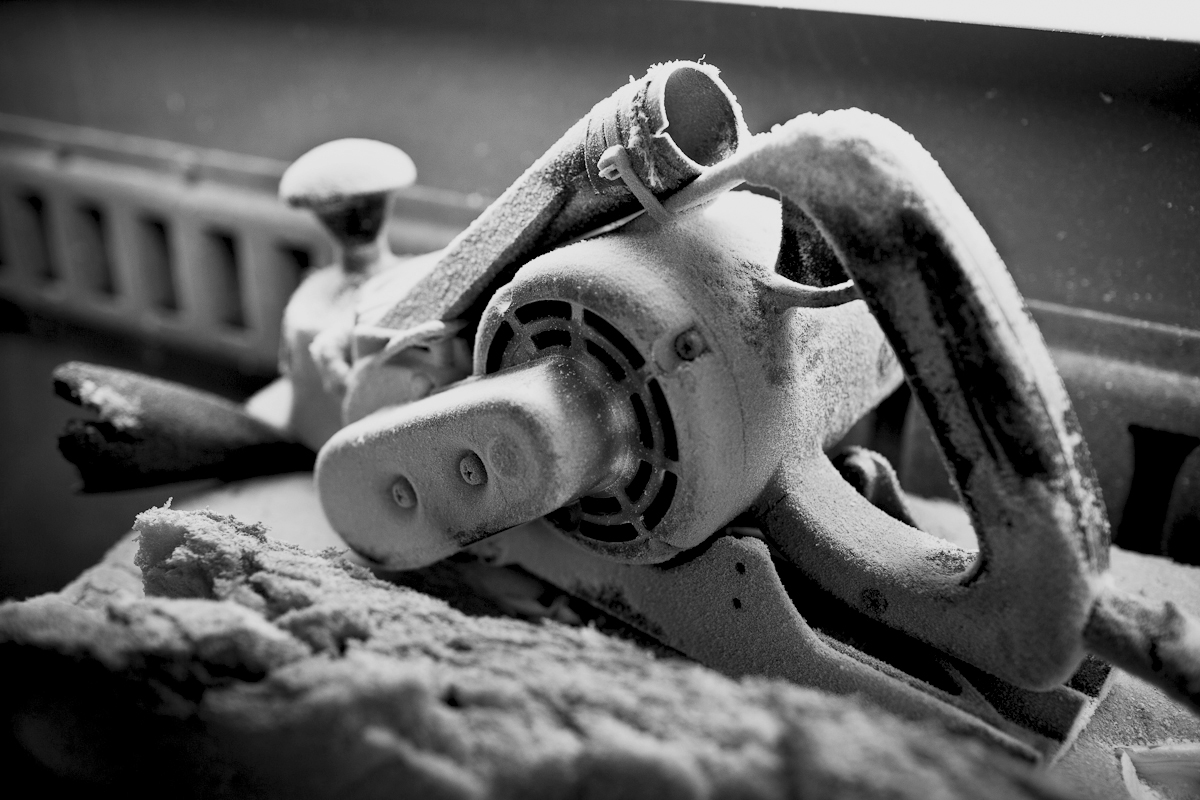
HOME BREWER
September 20, 2015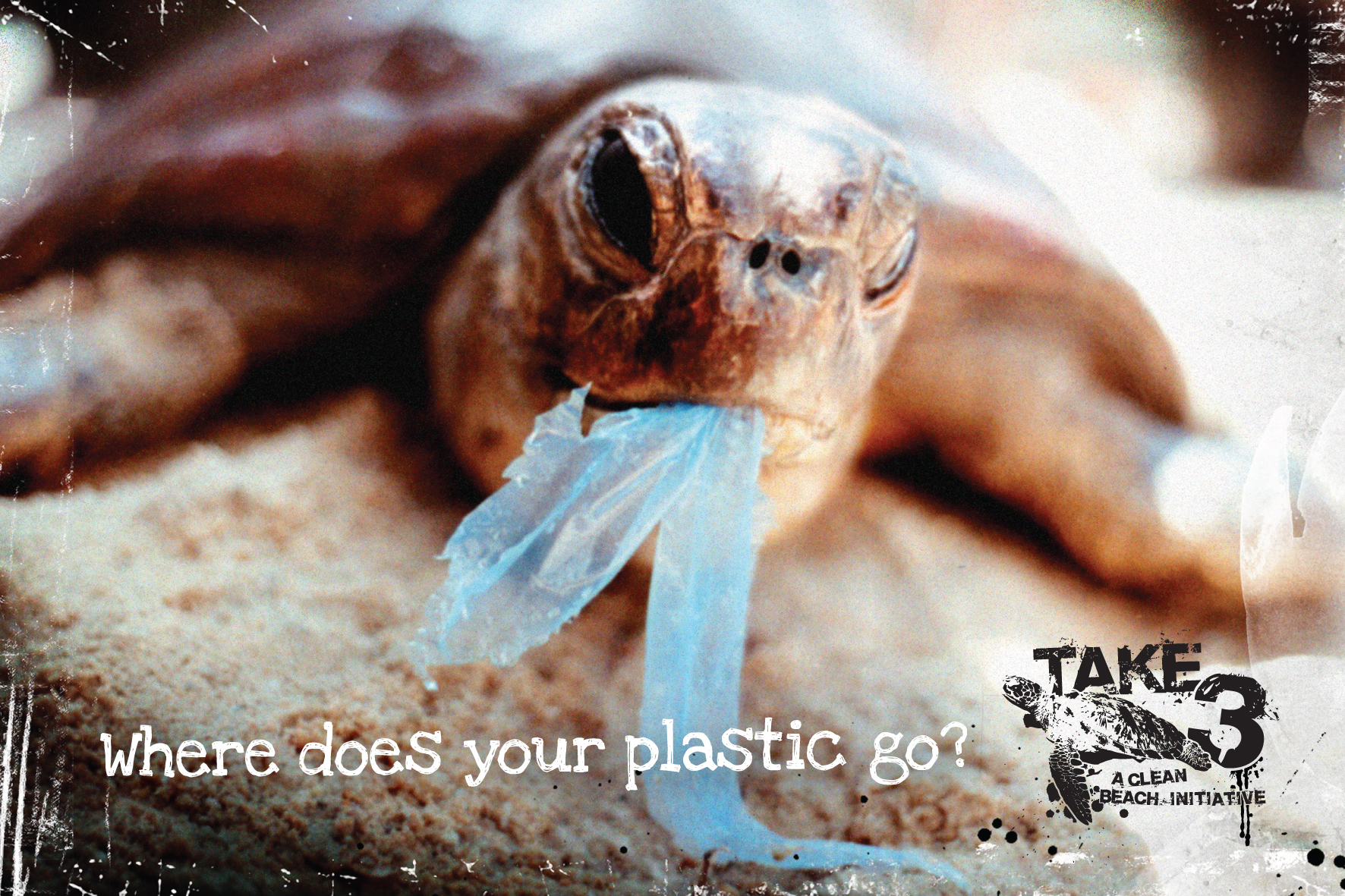
PLASTIC FREEDOM
August 5, 2016